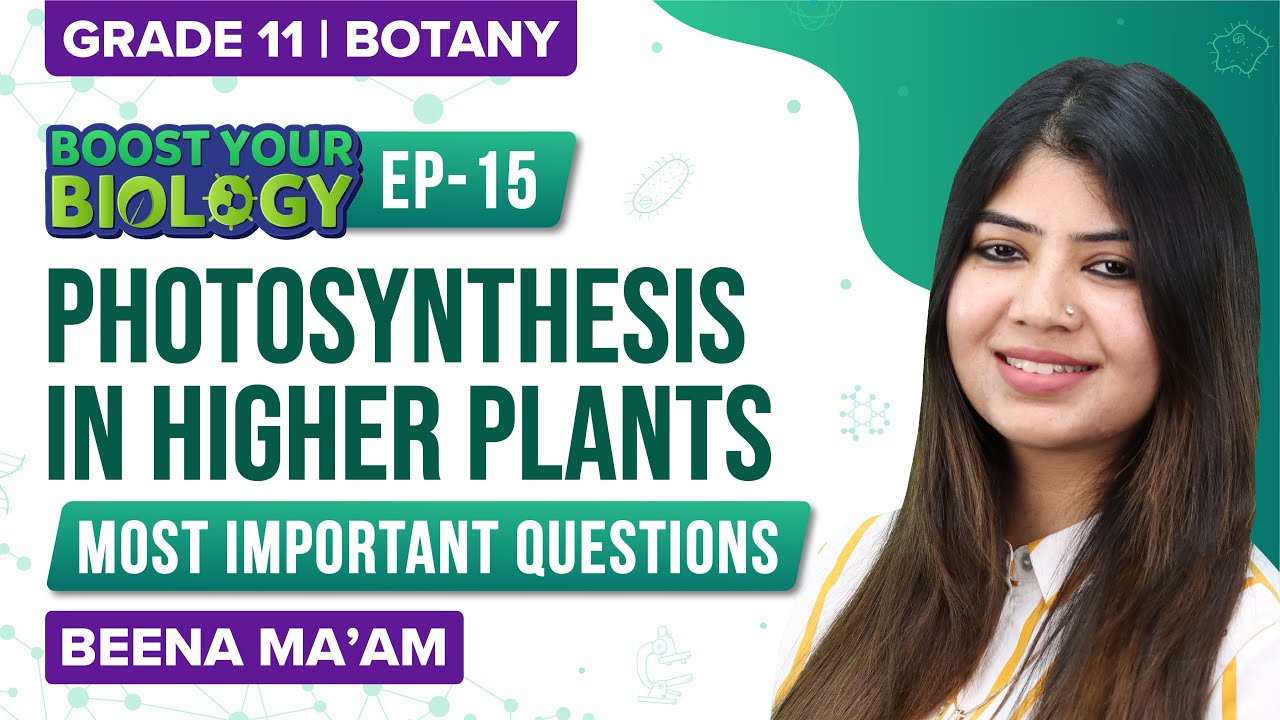Chromoplast is a kind of plastid. It lacks chlorophyll and has carotenoids. They impart specific colours to fruits and flowers. They help in pollination and dispersal of seeds.
Also see: Types of Chromoplasts
1. Which of the following plastid is found in ripe fruits?
(a) chromoplast
(b) chloroplast
(c) leucoplast
(d) amyloplast
Answer: (a)
2. Anthocyanin pigments are
(a) water-insoluble and located in chromoplasts
(b) water-soluble and located in chloroplasts
(c) water-soluble and located in vacuoles
(d) water-insoluble and located in vacuoles
Answer: (c)
3. Chloroplast does not contain
(a) xanthophyll
(b) anthocyanin
(c) carotene
(d) chlorophyll ‘b’
Answer: (b)
4. Which of the following pigment impart a red colour to tomato?
(a) erythrocyanin
(b) anthocyanin
(c) 𝝱-carotene
(d) lycopene
Answer: (d)
5. Which of the following plastid doesn’t store food?
(a) aleuroplasts
(b) amyloplasts
(c) chromoplasts
(d) elaioplasts
Answer: (c)
6. Protein storing plastid is
(a) chromoplast
(b) elaioplast
(c) amyloplast
(d) aleuroplast
Answer: (d)
7. Which of the following pigment is present in carrots?
(a) 𝝱-carotene
(b) lycopene
(c) lutein
(d) fucoxanthin
Answer: (a)
8. Which of the plastid(s) contains carotenoids?
(a) leucoplast
(b) chloroplast
(c) chromoplast
(d) both (b) and (c)
Answer: (d)
| Also read: MCQs on Plastids |
9. In which of the following organelle, peptide synthesis takes place?
(a) ribosomes
(b) chromoplasts
(c) chloroplasts
(d) mitochondria
Answer: (a)
10. Colour of tomato changes from green to red due to
(a) chromoplast gets converted to the chloroplast
(b) chromoplast disappears and chloroplast is formed
(c) chloroplast gets converted to chromoplast
(d) chloroplast disappears and chromoplast is formed
Answer: (c)
Recommended Video:
Photosynthesis in Higher Plants Class 11 (Ep 15) | NEET Important Questions | NEET 2023

Comments